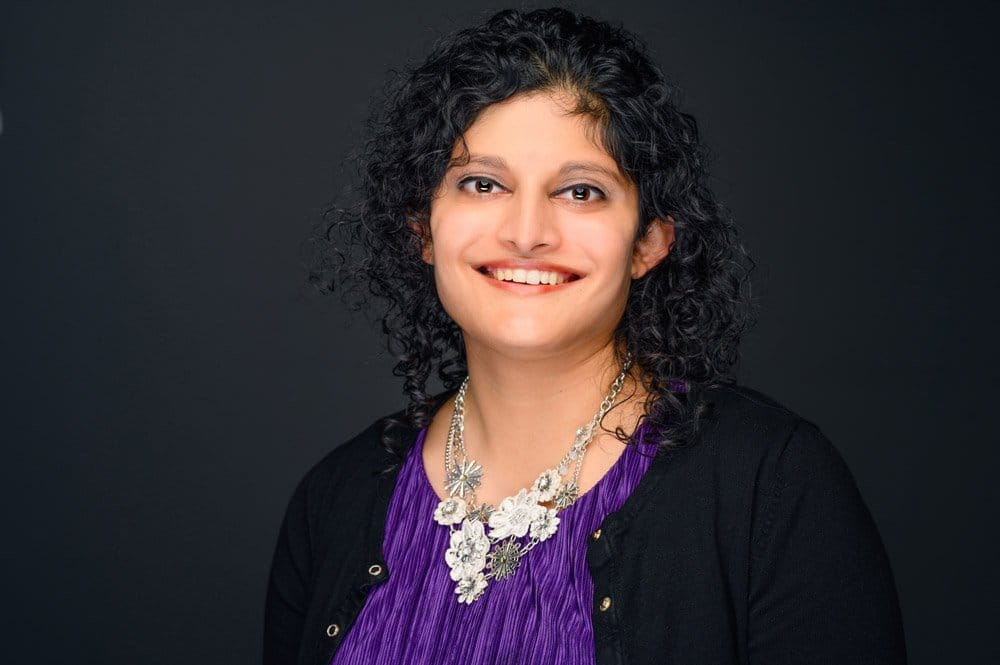Challenges for Students With Learning Differences: Transitions Talks With Priya
Hope for young people with learning differences in a global pandemic
“Ultimately freedom requires hope, which I define in two ways: the awareness that suffering, however terrible, is temporary, and the curiosity to discover what happens next. Hope allows you to live in the present instead of the past, and to unlock the doors of our mental prisons.”
-Dr. Edith Eger, GIFT: 12 Lessons to Save Your Life
As a Jewish teenage girl in 1944, Dr. Edith Eger was taken from her home country of Hungary to Auschwitz, one of the most infamous concentration camps. She survived one of the greatest atrocities against humanity and became a professor in clinical psychology. Her words are powerful and relevant for the crisis that our world finds itself in today. It would not be a secret or surprise for me to say that the global pandemic we have faced this year has made life incredibly difficult for people. While we are all experiencing it together, we each face different circumstances.
For young people with learning differences it can be even more challenging to be socially distant from others. Many who struggle with social skills have significantly less face to face interaction. They have to navigate a new world where they can no longer hug and shake hands with people they know. Many who struggle with time management are now responsible for being productive with their schedule at home. For caregivers and educators of those with learning differences, there is a natural urge to make the person they are responsible for feel happier or become more positive. In this pandemic, I want to encourage everyone to acknowledge the fact that this crisis is hard and that it is okay to be negative about it. You don’t have to fight your thoughts and feelings about it. It is more important to focus on how you respond to those feelings in the choices that you make. I encourage anyone with someone with a learning difference in their life to start with empathy by acknowledging that this pandemic may make it more difficult for them to respond in a way that society says is socially appropriate. To help people decide how they respond to thoughts and emotions that are difficult for them, you can ask the following questions:
- What do you turn to when things are difficult?
- What kind of person do you want to be?
- What kind of life do you want?
- What choices can you make to get closer to the life you want and the person that you want to be?
- Are the choices that you are making lining up with the type of person you want to be and what you want out of life?
These questions are the first part of helping people get to a place where they can find home. They can be asked whenever someone is struggling. For instance maybe a high school teenager no longer feels motivated to complete their homework because of the virtual learning. We can acknowledge that this teenager is growing up a world facing a crisis that their parents never faced. We can also remind this teenager of what’s important to them like creating a life after high school that includes a good job. This likely requires them to make the choice to do their homework to get their diploma for their desired job. This brings people back to the present moment which puts them in a position for hope. Hope is something that can be found in all circumstances. It doesn’t get rid of uncomfortable thoughts or feelings. It also doesn’t end suffering. However, it does provide people with freedom from the thoughts, feelings, and experiences. Uncomfortable thoughts and emotions no longer have a hold on them. Hope is found when people discover something greater themselves. Your hope can be found in your values and what you believe as they cannot be taken away from you. I’ll give you a personal example. As a Christian woman, my faith in God is the source of my hope. Hope can carried Dr. Edith Eger through the Holocaust and I believe it can carry us through this day today.
View Priya’s corresponding vlog at View Here

